Atlantic Time Zone
| Atlantic Time Zone | |
|---|---|
|
| |
| UTC offset | |
| AST | UTC−04:00 |
| ADT | UTC−03:00 |
| Current time | |
| 10:51, 16 October 2018 ADT [refresh] | |
| Observance of DST | |
| DST is observed in parts of this time zone. | |
The Atlantic Time Zone is a geographical region that keeps standard time—called Atlantic Standard Time (AST)—by subtracting four hours from Coordinated Universal Time (UTC), resulting in UTC−04:00. During part of the year, some portions of the zone observe daylight saving time, referred to as Atlantic Daylight Time (ADT), by moving their clocks forward one hour to result in UTC−03:00. The clock time in this zone is based on the mean solar time of the 60th meridian west of the Greenwich Observatory.
In Canada, the provinces of New Brunswick,[1] Nova Scotia,[2] and Prince Edward Island are in this zone, though legally they calculate time specifically as an offset of four hours from Greenwich Mean Time (GMT–4) rather than from UTC. Small portions of Quebec (eastern Côte-Nord and the Magdalen Islands) also observe Atlantic Time. Officially, the entirety of Newfoundland and Labrador observes Newfoundland Standard Time,[3] but in practice Atlantic Time is used in most of Labrador.
No portion of the continental United States currently uses Atlantic Time, although it is used by the territories of Puerto Rico and the U.S. Virgin Islands. A number of New England states are considering a regional change to Atlantic Standard Time year-round (with no observance of daylight saving time), even though only a small portion of Maine lies to the east of the 67.5°W theoretical extent of this zone. Florida is in the process of enacting a similar change; in both cases any changes will need to be approved by the United States Department of Transportation and the United States Congress.
Areas covered
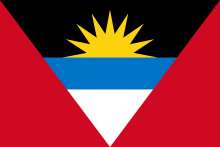
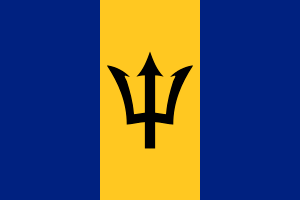

- Amazonas (except southwestern portion), Rondônia, Roraima (No DST)
- Mato Grosso, Mato Grosso do Sul


- Nova Scotia
- New Brunswick
- Prince Edward Island
- Most of Labrador
- Magdalen Islands, Quebec
- Côte-Nord (east of the 63rd meridian), Quebec

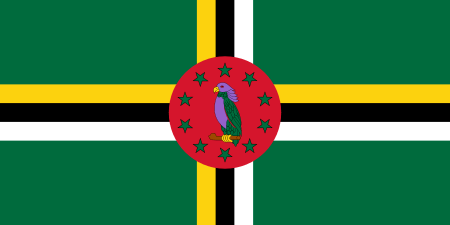


- Guadeloupe (No DST)
- Martinique (No DST)
- Saint-Barthélemy (No DST)
- Saint-Martin (No DST)
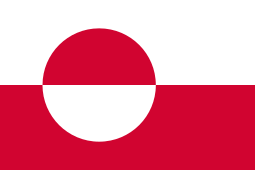

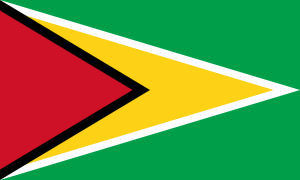






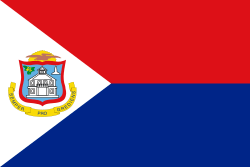

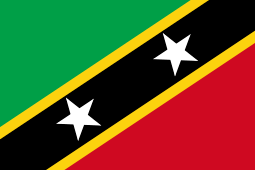


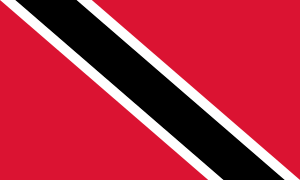






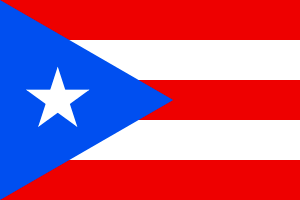


U.S. states considering a change to Atlantic Standard Time
A Massachusetts commission concluded in 2017 that the benefits of changing to Atlantic Standard Time year-round would outweigh the disadvantages, provided that a majority of northeastern states made the same change.[4] In May 2017, the Maine Senate approved a change to AST, on the condition that there would be a referendum, and that Massachusetts and New Hampshire decided to make the same switch.[5] Also in 2017, the New Hampshire House of Representatives approved a bill in favour of a regional change, but this was voted down by the state's Senate.[6] Similar bills have been put forward in Connecticut and Rhode Island.[5]
In Florida, two bills were approved in January 2018 by House and Senate committees, to move most of the state permanently to Atlantic Standard Time (with the panhandle moving to year-round Eastern Standard Time) with no observation of daylight saving time.[7]
See also
References
- ↑ "CHAPTER T-6 – Time Definition Act" (PDF). Archived from the original (PDF) on 2008-12-07. Retrieved 2012-09-11.
- ↑ "Time Definition Act". Archived from the original on 5 June 2008. Retrieved 2008-06-02.
- ↑ "RSNL1990 CHAPTER S-23 – STANDARD TIME ACT". Retrieved 2007-11-16.
- ↑ "Commission: Massachusetts Should Change Time Zones, But Not On Its Own". November 1, 2017. Retrieved March 15, 2018.
- 1 2 "Maine Considers Atlantic Standard Time". www.timeanddate.com. Retrieved March 15, 2018.
- ↑ "Senate votes down push to switch N.H.'s time zone". May 11, 2017. Retrieved March 15, 2018.
- ↑ http://www.miamiherald.com/news/state/florida/article196453714.html
External links
- Atlantic Standard Time: current time (live clock)
- Atlantic Daylight Time: current time (live clock)
- Web clock (Official times across Canada)
- Canada time zone map
- World time zone map
- Time zones for major world cities
Time zones in North America | ||
|---|---|---|
| Time zone | Hours from UTC: Standard time | Hours from UTC: Daylight saving time |
| Hawaii–Aleutian (in Hawaii) | –10 | –10 |
| Hawaii–Aleutian (in Alaska) | –10 | –9 |
| Alaska | –9 | –8 |
| Pacific | –8 | –7 |
| Mountain (Arizona, Sonora, and Northeastern British Columbia only) | –7 | –7 |
| Mountain (other states/provinces) | –7 | –6 |
| Central (Saskatchewan only) | –6 | –6 |
| Central (other states/provinces) | –6 | –5 |
| Eastern (parts of Nunavut and the Caribbean) | –5 | –5 |
| Eastern (other states/provinces) | –5 | –4 |
| Atlantic (Natashquan River) | –4 | –4 |
| Atlantic (other states/provinces) | –4 | –3 |
| Newfoundland | –3:30 | –2:30 |
| Saint Pierre and Miquelon and most of Greenland |
–3 | –2 |